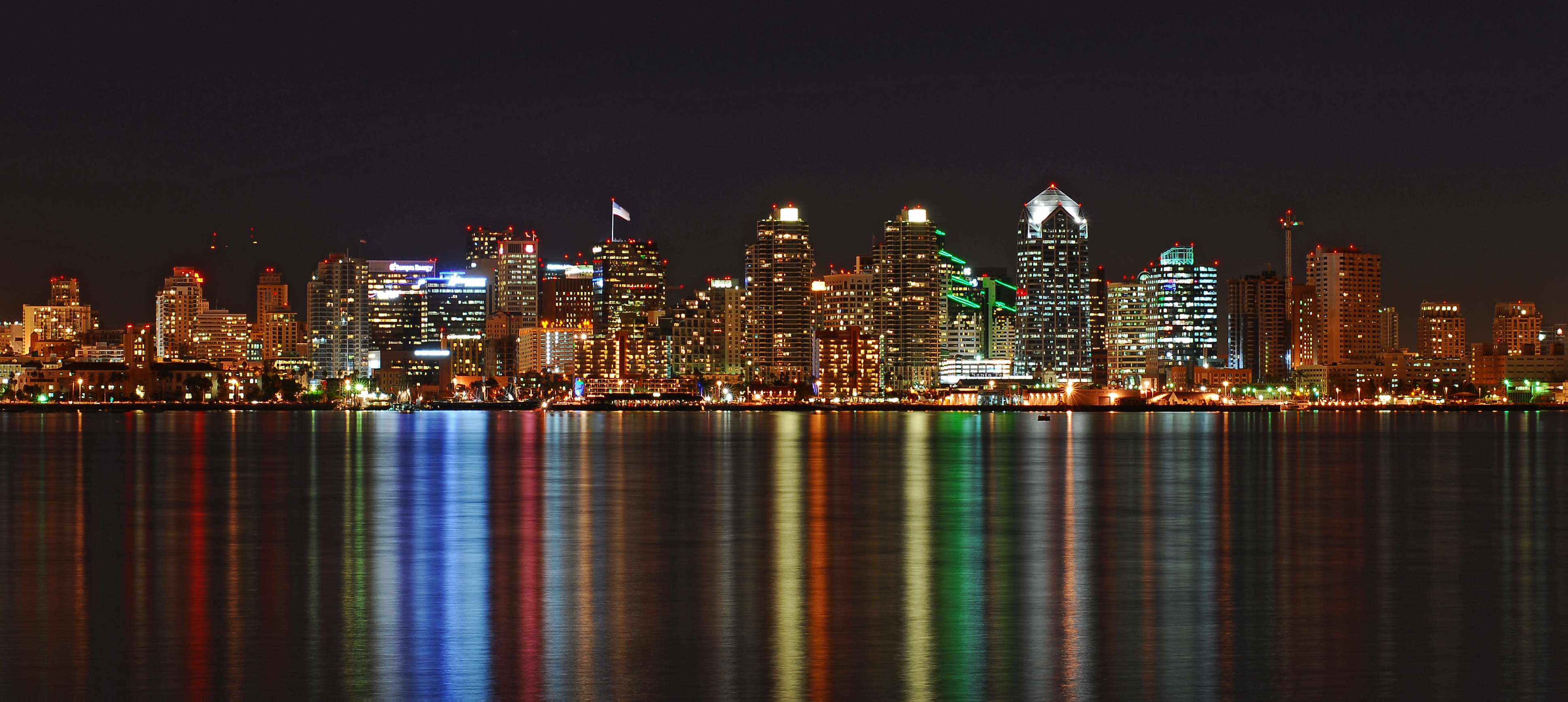

The Smart City challenges faced by San Diego are common to all Smart City designers and implementers worldwide. This is exactly why the Institute of Electrical and Electronic Engineers (IEEE) has embarked on building a "Smart City Planning and Technology" standard as well as face-to-face visioning workshops that make sure that all stakeholder communities are represented - and that all consensus-based user needs are supported. This IEEE effort is essentially a laymen's guide to applying a structured systems engineering process (SEP) to your Smart City efforts. It is inspired by the SEP as developed and applied by the US Department of Transportation for Intelligent Transportation Systems (ITS) projects.
"With what began as a cost-savings effort to replace high energy use streetlights with more efficient LED lights, the City of San Diego is now deploying the world’s largest smart city sensor platform. The system is transforming the City's existing street lighting infrastructure into a connected digital infrastructure which will lead to energy savings and new technological opportunities"
The site continues with a look towards near-term and longer-term applications that can be built on the platform:
"The anonymous data collected by the sensor nodes can be used to develop applications and systems that benefit the City and the community. These sensor nodes generate metadata (static data on parking, vehicle counts, pedestrian counts, temperature, humidity, pressure). The nodes connect to technology partner GE’s CityIQ cloud database to make the metadata collected by the sensors available. This open data platform possibilities range from pedestrian safety and directing drivers to open parking spaces to mobility planning and optimization, to helping first responders during an emergency and urban and real estate development planning. Our hope is that new applications will be built using this technology to help improve city services and initiatives."

"Today, such video has been viewed in connection with more than 140 police investigations. Officers have increasingly turned to the footage to help crack cases, as frequently as 20 times a month. Police department officials have said that the video footage has been crucial in roughly 40 percent of these cases. The smart streetlamps have been “game changing,” said Lt. Jeffrey Jordon, who oversees the program for the department."
"Authorities said that direct access is currently restricted to roughly 100 investigative officers in the sex crimes, robbery, traffic, internal affairs and homicide units. Other members of the department’s more than 1,800 sworn officers can request access but must be cleared by a designated authority before they view footage. This arrangement has disturbed Matt Cagle, technology and civil liberties attorney with the ACLU. "This sounds like the quote, ‘just trust us’ approach to surveillance technology, which is a recipe for invasive uses and abuse of these systems,” he said. “There needs to be meaningful oversight and accountability. Decisions about how to use surveillance technology should not be made unilaterally by law enforcement or another city agency."
"The city of San Diego’s “Smart Streetlight” program is plagued with cost overruns, lax supervision, and a lack of properly-trained staff, according to an internal city memo obtained by NBC 7 Investigates. In 2016, Mayor Kevin Faulconer’s office promoted the Smart Streetlight program to the city council and the public as an energy-saving program that would save taxpayers $2.8 million yearly in energy costs. But on a Feb. 12 city memo, Erik Caldwell, Deputy Chief Operating Officer of the city’s Smart and Sustainable Communities program, revealed that the program will cost $1.4 million more over the next five years to operate than was initially projected. In addition, Caldwell said the city will have to pay nearly $1.1 million in "unplanned operational expenses. “The actual energy savings are anticipated to be far less than what was projected,” Caldwell informed Kris Michell, the city’s Chief Operating Officer, as well as several directors from various departments."
These varying perspectives of the success of San Diego's innovative efforts clearly demonstrate that Smart City efforts truly need to take into account the needs of all stakeholder communities - not just taxpayers, privacy advocates and fire, police and EMS staff but all stakeholder communities that may be impacted by a potential project.
The challenges faced by San Diego are common to all Smart City designers and implementers worldwide. This is exactly why the Institute of Electrical and Electronic Engineers (IEEE) has embarked on building a "Smart City Planning and Technology" standard as well as face-to-face visioning workshops that make sure that all stakeholder communities are represented - and that all consensus-based user needs are supported. This IEEE effort is essentially a laymen's guide to applying a structured systems engineering process (SEP) to your Smart City efforts. It is inspired by the SEP as developed and applied by the US Department of Transportation for Intelligent Transportation Systems (ITS) projects.
As chair of this IEEE P2784 Smart City Planning and Technology standard, please feel free to reach out to me with questions or comments on the standard and on participation in our 2020 program of workshops on the subject.

